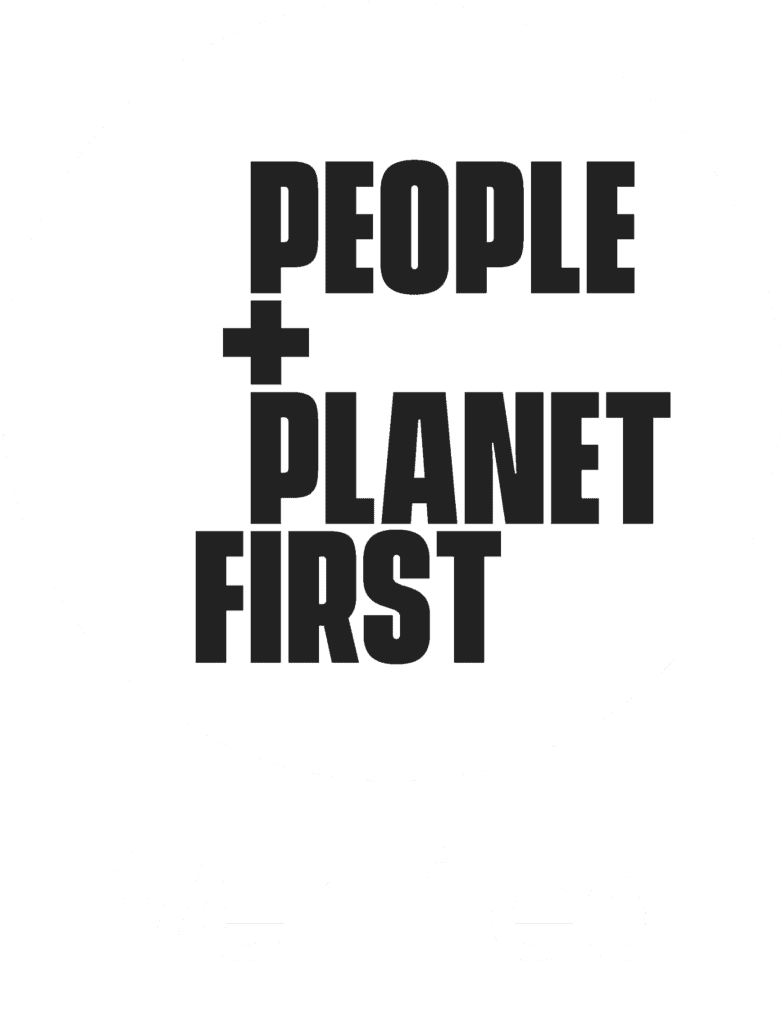What is social procurement?
Social Procurement is when organisations use their buying power to generate social value above and beyond the value of the goods or services being procured. Buying and selling goods and services can be more than just a transaction. Today, ethical companies and organisations make an impact through their business activities. They make their money work smarter through the choices they make.
How does social procurement work?
Social procurement happens when ethical companies and organisations use their buying power to address disadvantage, by procuring goods and services that also address social and sustainability issues. They help create a stronger community by acting as good ‘citizens’.
Why choose social procurement?
Procurement is about more than just price. It is also about performance and impact.
Social procurement is both good business, and the right thing to do.
Here are the key reasons to invest in social procurement:
1. Attract client choice and loyalty
Customers today expect companies to act ethically and sustainably. This is strongest in younger people, whose buying power is increasing as they age.
For example: more than four of five millennials (1981-1996) expect companies to make a public commitment to good corporate citizenship.
Customers’ views directly influence their spending patterns.
Two in three customers, and nearly three in four millennials, will spend more money on goods and services from ethical brands with sustainable business practices.
Showing you practice social procurement will make your business or organisation more attractive to customers and give you a competitive edge in the marketplace.
2. Be an employer of choice
As an employer you want to attract and keep the best employees.
More and more, workers take notice of their employers’ workplace values and ethics, and choose to work for employers whose values align with theirs.
Younger workers especially seek out purpose-driven work. As the number of millennials in the workforce increases, it becomes more important for employers to operate with social purpose.
Social procurement is a way of building social purpose into the fabric of your business or organisation’s operation.
3. Making a positive impact on community
Businesses and organisations benefit when they operate in a stable community with an engaged workforce and customers.
When organisations address social needs, they contribute to a positive operating environment.
Corporate social responsibility (CSR) is important for leading companies in Australia and worldwide. Many companies and organisations have strategies outlining their CSR, including Reconciliation Action Plans (RAPs), and Diversity, Equity and Inclusion (DEI) Plans.
Social procurement is an impactful way to achieve CSR commitments, and by increasing engagement and distributing wealth more broadly, social procurement increases community stability and shares prosperity.
4. Government policy
Modern governments seek to drive positive change through the way they spend money.
Businesses and organisations can apply for support to undertake socially responsible practices including social procurement.
It is easier than ever before for businesses and organisations to undertake social procurement, with more socially responsible enterprises available to work with.
Government investment in social procurement has changed the marketplace. In 2015 the Commonwealth Government introduced the Indigenous Procurement Policy (IPP) which has achieved its aim of stimulating Indigenous entrepreneurship, business and economic development, and providing Indigenous Australians with more opportunities to participate in the economy.
State Governments and many local governments have also adopted social procurement policies. The policies aim for supply chain sustainability – making sure the goods and services governments procure are from ethical, sustainable sources. These changes in government policies continue to drive the growth of socially responsible enterprises, which in turn makes social procurement more viable for businesses and organisations.
Further reading:
Millennials Expect More Than Good Products, Services To Win Their Loyalty (2014)
The sustainability imperative (2015)
Unlocking the value of social procurement and supplier diversity Leading practice insights (2018)





